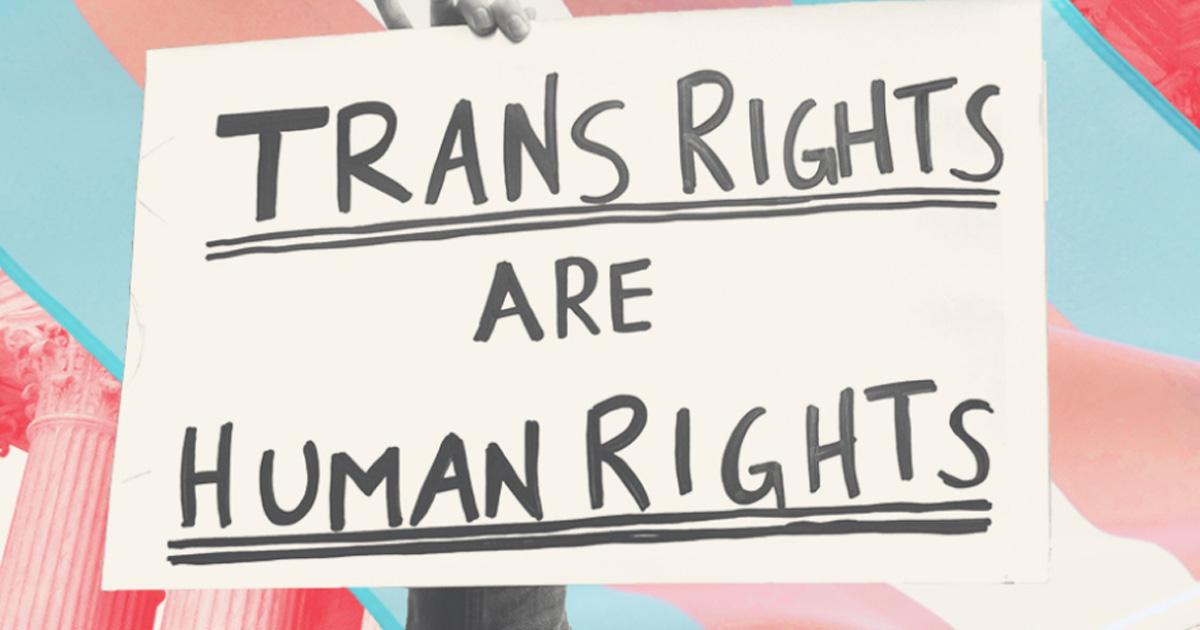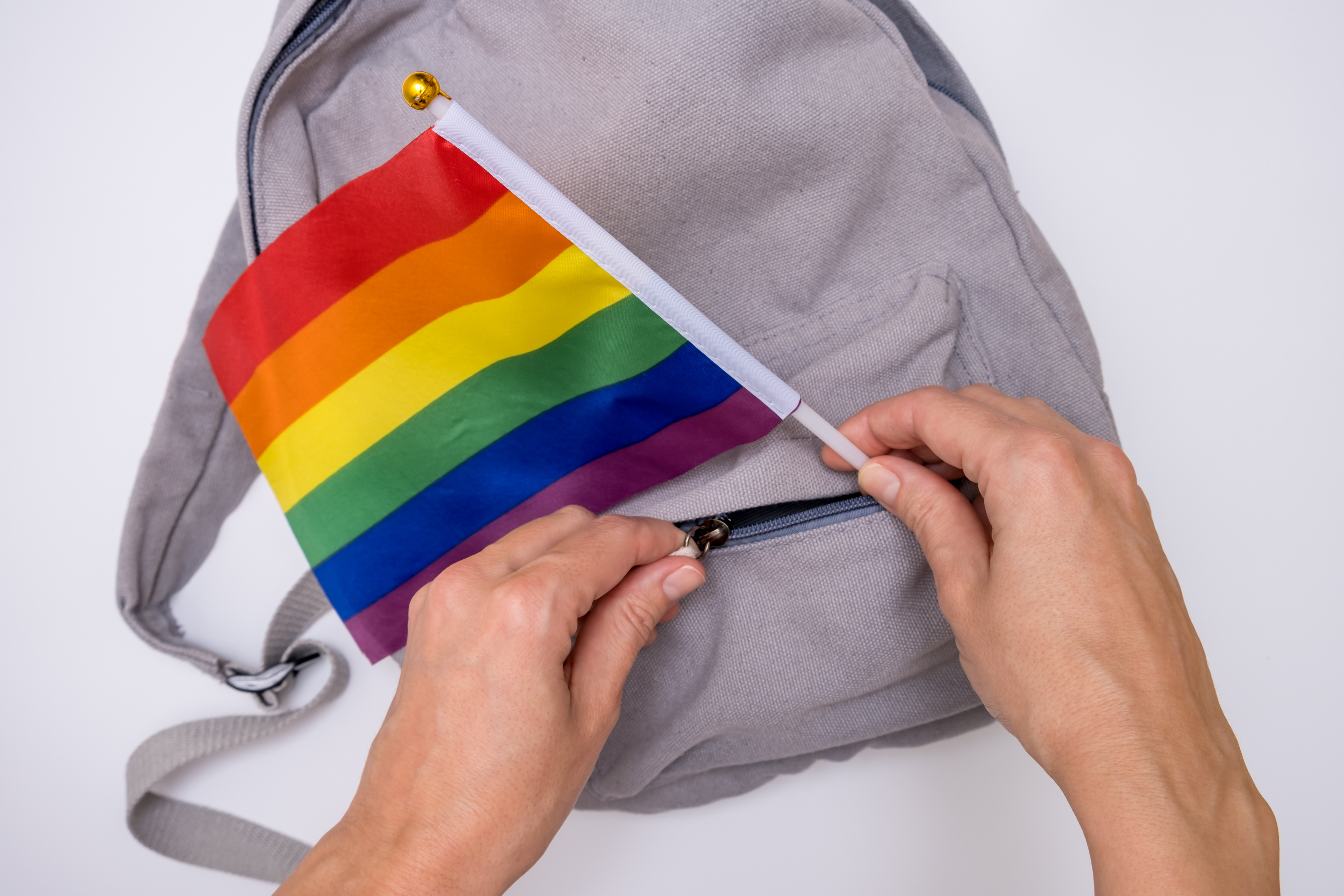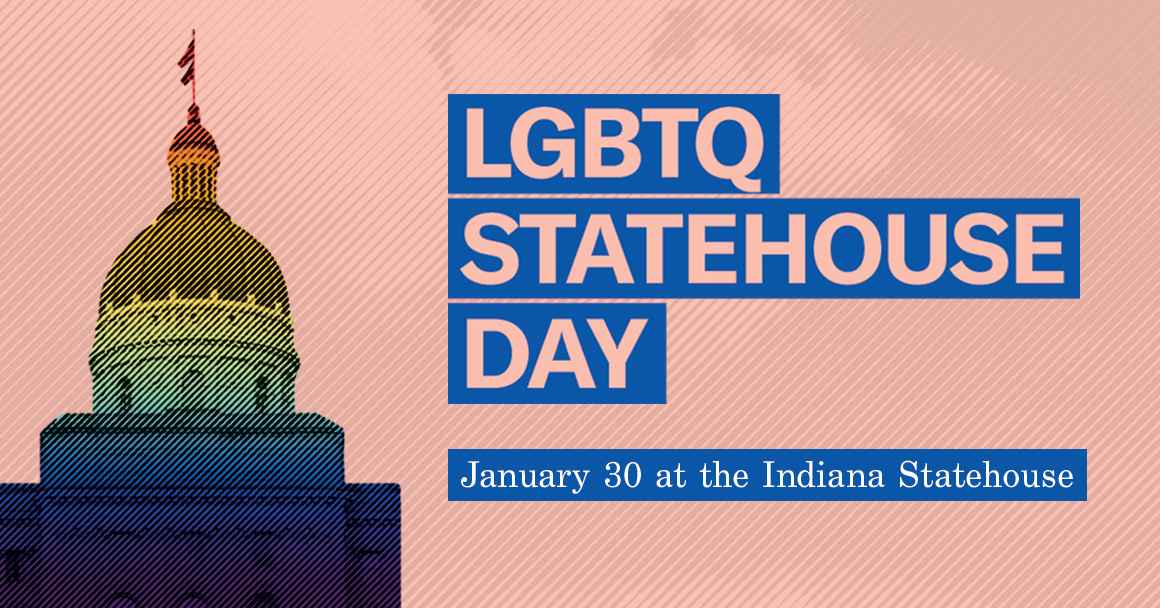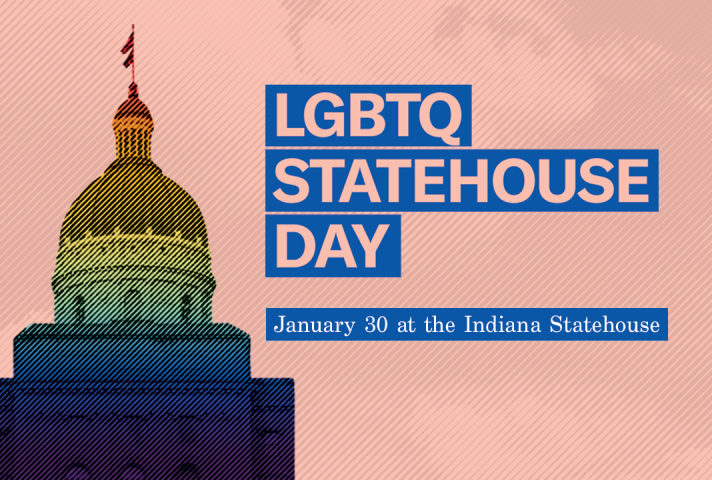The Indiana General Assembly has put forward a slate of hate — an onslaught of bills targeting LGBTQ Hoosiers and singling out trans kids. There is no other way to describe what we are seeing at the Statehouse. This is not one or two bad bills, this is a well-orchestrated, hate-driven campaign to push trans kids out of public life.
This is unprecedented:
- Several bills would ban nearly all forms of science-based care available to trans youth, with potentially dangerous physical and mental health consequences.
- Indiana lawmakers are trying to force teachers to out students, and censor in-school discussions of LGBTQ people and issues.
- Despite the First Amendment’s right to free expression, Indiana lawmakers are fighting to restrict how and when LGBTQ people can be themselves by limiting access to books about them in public libraries.
- In another effort to out transgender Hoosiers, several bills attempt to limit the ability to update gender information on IDs.
The language that we are seeing in these bills is the same language included in legislation recently passed in Texas and Florida, including Florida’s infamous “Don’t Say Gay” bill.
Discriminating against LGBTQ Hoosiers is wrong, against the law, and costly. If lawmakers attempt to pass misguided laws, the ACLU of Indiana will fight those discriminatory laws at every turn, using every tool at our disposal to defend LGBTQ rights in Indiana.
Date
Wednesday, January 25, 2023 - 9:45amFeatured image



